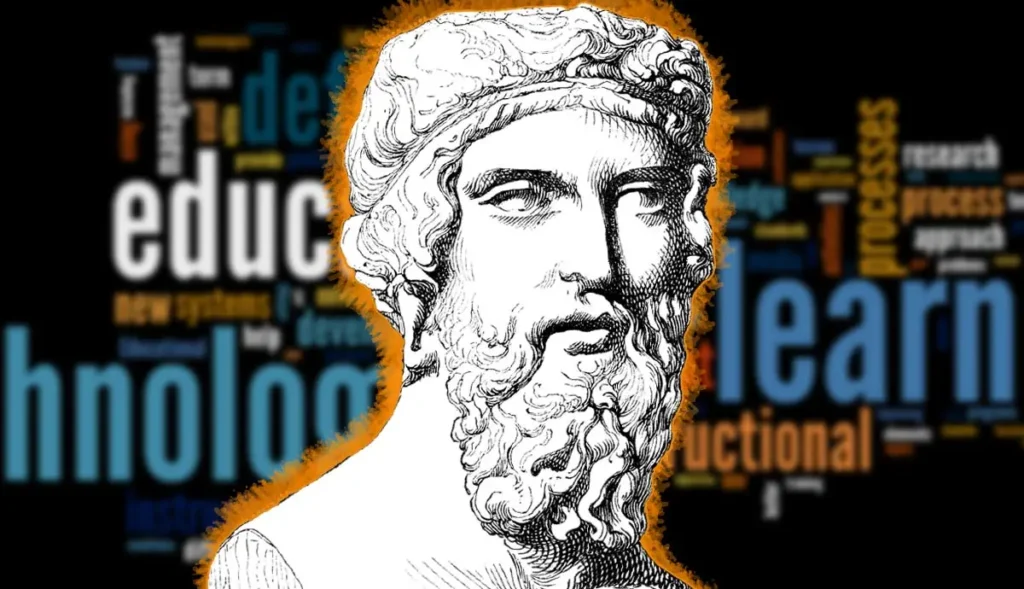In the intricate tapestry of human relationships,Friendship and PhilosophyFriendship and Philosophy stands as a beacon of light, guiding us through the labyrinth of existence. Plato, the revered ancient philosopher, delved deep into the essence of friendship and its profound connection to philosophical ideals. As we embark on a journey to explore the intertwining realms of friendship and philosophy, we are beckoned to delve into a treasure trove of literary works that illuminate the beauty and complexities of human connections.
Friendship in Literature: Bonding Through Stories
Friendship and Philosophy in literature goes beyond mere companionship; it is a profound bond that transcends time and space, connecting characters through stories that resonate with readers. In many literary works, friendships are portrayed as symbolic of larger philosophical concepts such as loyalty, trust, and mutual support. Through the lens of friendship, authors explore the complexities of human relationships and the impact they have on shaping our identities.
One fascinating aspect of friendship and Philosophy in literature is its role in driving character development and plot progression. Often, it is through their connections with friends that characters undergo transformation and growth, navigating challenges together and finding strength in each other’s presence. These narratives remind us of the importance of authentic connections and the power of shared experiences in forging lasting bonds.
Friendship stories also challenge our perspectives on empathy, forgiveness, and the true meaning of companionship. By delving into the intricacies of relationships between characters, literature offers unique insights into the nuances of human emotions and interactions. Through these narratives, readers are encouraged to reflect on their own friendship and Philosophy appreciate the richness that comes from bonding through stories that touch our hearts.
The Power of Connection: Philosophical Insights on Relationships
Friendship, in its essence, is a profound connection that transcends the boundaries of time and space. Philosophers throughout history have pondered the nature of these bonds, questioning whether they are rooted in shared experiences, mutual understanding, or something even deeper. Aristotle believed that true friendship is based on virtue and recognition of each other’s goodness, suggesting that genuine connections require a level of moral alignment.
In our modern society, where digital interactions often replace face-to-face communication, it becomes important to reflect on the depth and quality of our relationships. Philosopher Martin Buber proposed the concept of the I-Thou relationship, highlighting the significance of seeing others as unique individuals rather than objects for personal gain. This perspective challenges us to cultivate authentic connections built on respect and genuine care for one another.
As we navigate through the complexities of human relationships and interpersonal dynamics, we can draw wisdom from philosophical insights to nurture meaningful connections. By embracing vulnerability, empathy, and open communication in our friendships, we embark on a journey towards deeper understanding and emotional intimacy. Ultimately, it is through these profound connections that we discover profound truths about ourselves and others — unlocking the transformative power inherent in genuine relationships.
Navigating Existentialism: Friendship in a Postmodern World
In a postmodern world where traditional values are constantly shifting, friendship takes on new significance in navigating the complexities of existentialism. As individuals grapple with questions of identity and meaning, the bonds of friendship become a grounding force in a sea of uncertainty. Existentialist thinkers such as Jean-Paul Sartre and Simone de Beauvoir emphasized the importance of authentic relationships based on mutual respect and freedom.
Friendship in a postmodern context challenges us to redefine our notions of connection and community. In a society that often prioritizes individualism and instant gratification, cultivating deep and meaningful friendships requires introspection and vulnerability. By embracing the existential concept of authenticity, we can forge genuine connections that transcend superficiality and contribute to our sense of purpose in an ever-changing world.
Beyond Words: Expressing Friendship Through Art and Music
Friendship is a unique bond that transcends words, finding its expression in art and music. Through the strokes of a paintbrush or the melodies of a musical composition, friends can communicate on a deeper level, delving into emotions and thoughts that go beyond verbal language. The act of creating together fosters a sense of connection and understanding that words alone cannot capture.
In the realm of philosophy, friendship has often been explored as an essential aspect of human existence. Aristotle famously described friendship as a key component to living a fulfilled life, highlighting its role in moral development and personal growth. When friends engage in artistic collaboration or musical harmony, they are not only expressing their bond but also embodying the very essence of what it means to connect with another soul on a profound level. This shared experience allows for an exploration of identity and self-expression that can strengthen the foundation of friendship even further.
Unpacking Platonic Love: A Deep Dive into Emotional Bonds
Friendship and Philosophy often viewed as a cornerstone of platonic love, rooted in mutual respect, trust, and understanding. In the realm of philosophy, Plato’s Symposium delves deep into the concept of platonic love, highlighting the pure affection and admiration between individuals without any romantic or sexual undertones. This notion challenges societal norms and fosters a deeper appreciation for emotional connections that transcend physical desires.
Furthermore, platonic love encourages individuals to seek true companionship based on shared values and intellectual stimulation rather than superficial attractions. This form of emotional bond allows for vulnerability and genuine expression without fear of judgment, creating a safe space for personal growth and self-exploration. In essence, unpacking platonic love unveils the power of authentic relationships built on profound emotional connections that nourish the soul and elevate our understanding of human connection beyond conventional boundaries.
Conclusions: Exploring Platonic Ideals: Must-Read Books on Friendship and Philosophy
In conclusion, the exploration of Platonic ideals through the lens of friendship and philosophy offers a depth of understanding and insight into human relationships and morality. The selected must-read books have provided valuable perspectives on the nature of true friendship and Philosophy the pursuit of wisdom. By delving into these texts, readers can gain a richer appreciation for the complexities of human connection and ethical dilemmas. As we continue to contemplate these timeless concepts, let us strive to embody the virtues of friendship and philosophical inquiry in our own lives. Dive into these thought-provoking works and embark on a journey towards a more profound understanding of Platonic ideals.









